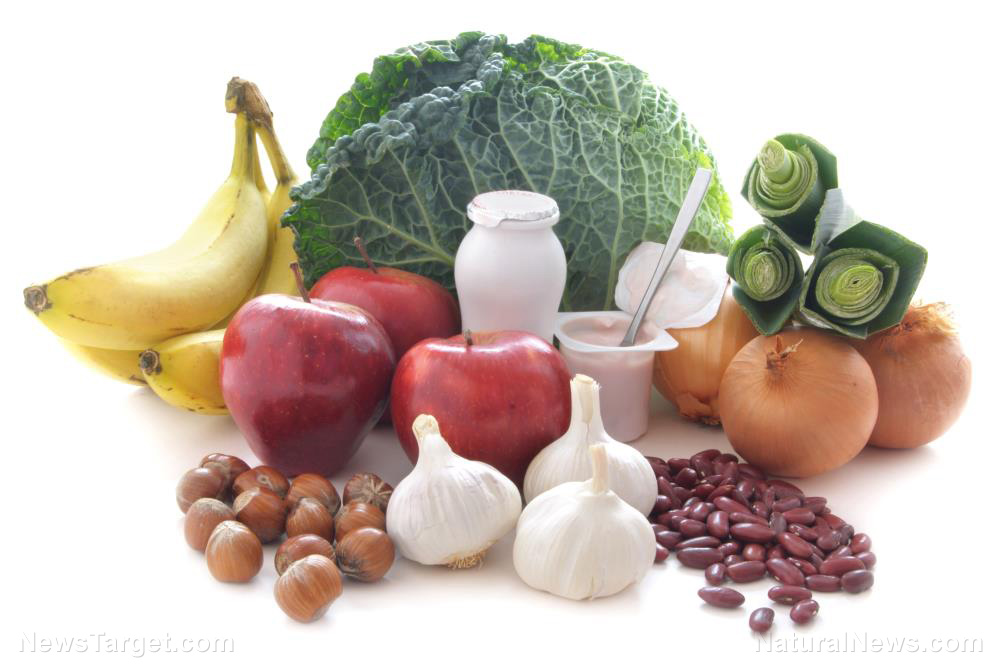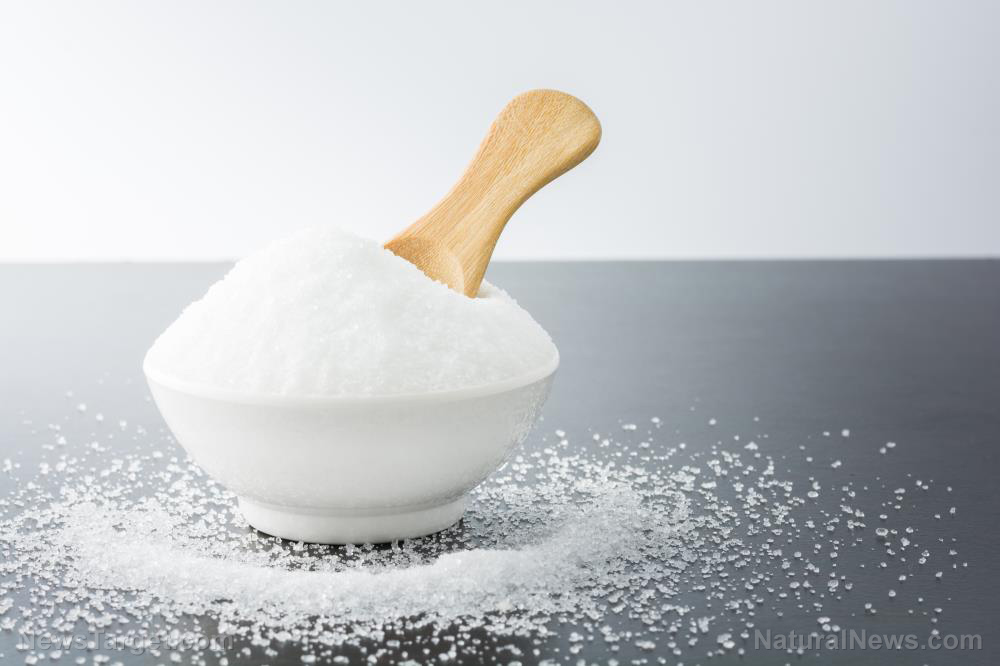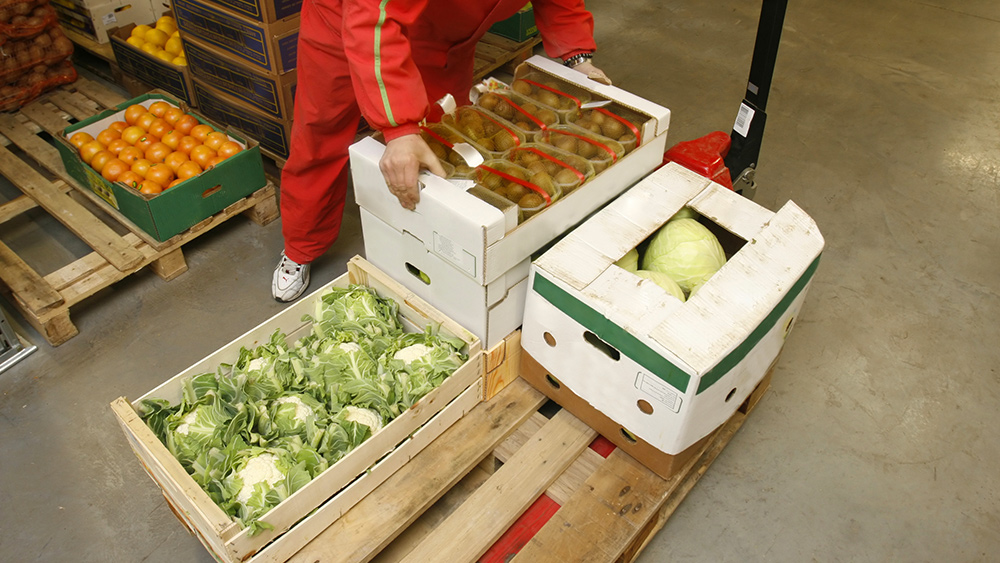Glyphosate found to attack our immunity: Here’s how to reverse its effects
02/24/2019 / By Isabelle Z.

If you’ve had the misfortune of getting sick this winter, there’s a good chance the experience has left you seeking ways to enhance your immunity. While eating foods rich in vitamins and using herbs like echinacea can make a difference, there’s one way you can help out your immune system that you might have overlooked: addressing the effects of glyphosate on your system.
Glyphosate’s link to cancer rightfully gets the most attention, but it’s also important to keep in mind that it can threaten your body’s defenses by lowering your levels of glutathione. This is your body’s top antioxidant, and one study even suggests that it’s so important that the amount of it in your cells can predict your life expectancy.
Unfortunately, glyphosate has been found to cause “significant changes” in your cells by depleting the body of glutathione, reducing their ability to protect from bacteria and other invaders. If you’re not already sticking to organic food, switching should be your first course of action. Even if you’ve made the switch a long time ago, however, you’re not out of the woods; there is simply too much glyphosate in our food supply and environment to successfully avoid every last trace of it. Moreover, factors like aging and stress can also deplete glutathione, so even a little bit of glyphosate exposure, when combined with other factors, can leave you lacking this master antioxidant.
Thankfully, researchers have found ways that you can reverse its effects when it comes to antioxidant depletion. Supplementing with vitamins C and E can raise your levels of glutathione as well as another important antioxidant, superoxide dismutase, reducing the damage that glyphosate causes. You can also get vitamin C from foods like red peppers, strawberries, and oranges.
In addition, vitamin C can protect against the effects of other synthetic chemicals. For example, one study showed that taking vitamin C prior to exposure to a neonicotinoid insecticide known as imidacloprid protected mice from the oxidative stress it causes. The researchers believe it has this effect by reducing fat oxidation and boosting the liver’s antioxidant defense systems.
You can also choose foods that are known to help decrease the oxidative stress in your body and raise glutathione levels. Those rich in sulfur, like onions, garlic and eggs, are a good starting point. You can also start eating more cruciferous vegetables like kale, cauliflower, cabbage, and Brussels sprouts.
Glyphosate impacts immunity in several ways
You might already be aware that glyphosate has been linked to non-Hodgkin lymphoma, which is a cancer of the immune system. In fact, a recent analysis found that it raises your risk of cancer by 41 percent, despite Roundup manufacturer Monsanto’s insistence it isn’t harmful. Thousands of people with the condition are suing the company; a former school groundskeeper with the disease was awarded $289 million in damages by a jury last year, although this was later reduced to roughly $78 million after Monsanto appealed.
Another way glyphosate can compromise your immunity is by destroying the beneficial bacteria in your gut, such as Lactobacillus and Bifidobacterium. These helpful bacteria assist your body in absorbing nutrients, producing vitamins and fatty acids, and neutralizing toxins, in addition to giving your immunity a boost.
If you want to help restore your body’s good gut bacteria, one step you can take is eating fermented foods like yogurt, sauerkraut, kefir, or kimchi. You should also eat foods that are rich in polyphenols, such as dark chocolate and cocoa, green tea, blueberries, and red wine.
You are likely exposed to more glyphosate than you think, no matter what steps you take to minimize your exposure, so protecting your immunity with the help of probiotics and vitamin C should be a top priority.
Sources include:
Tagged Under: eat organic, food supply, Glutathione, glyphosate, gut health, immune system, immunity, longevity, prevention, probiotics, Roundup, vitamin C, vitamin E
RECENT NEWS & ARTICLES
COPYRIGHT © 2017 GROCERY NEWS



















